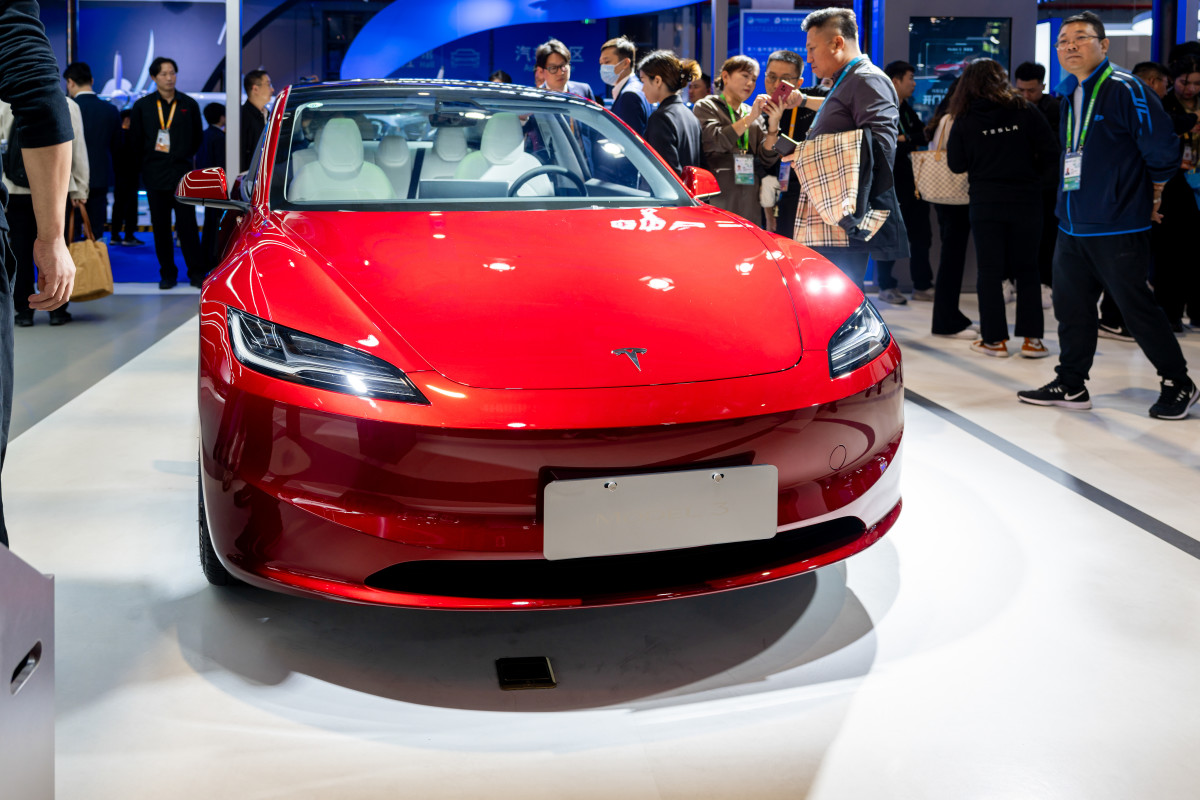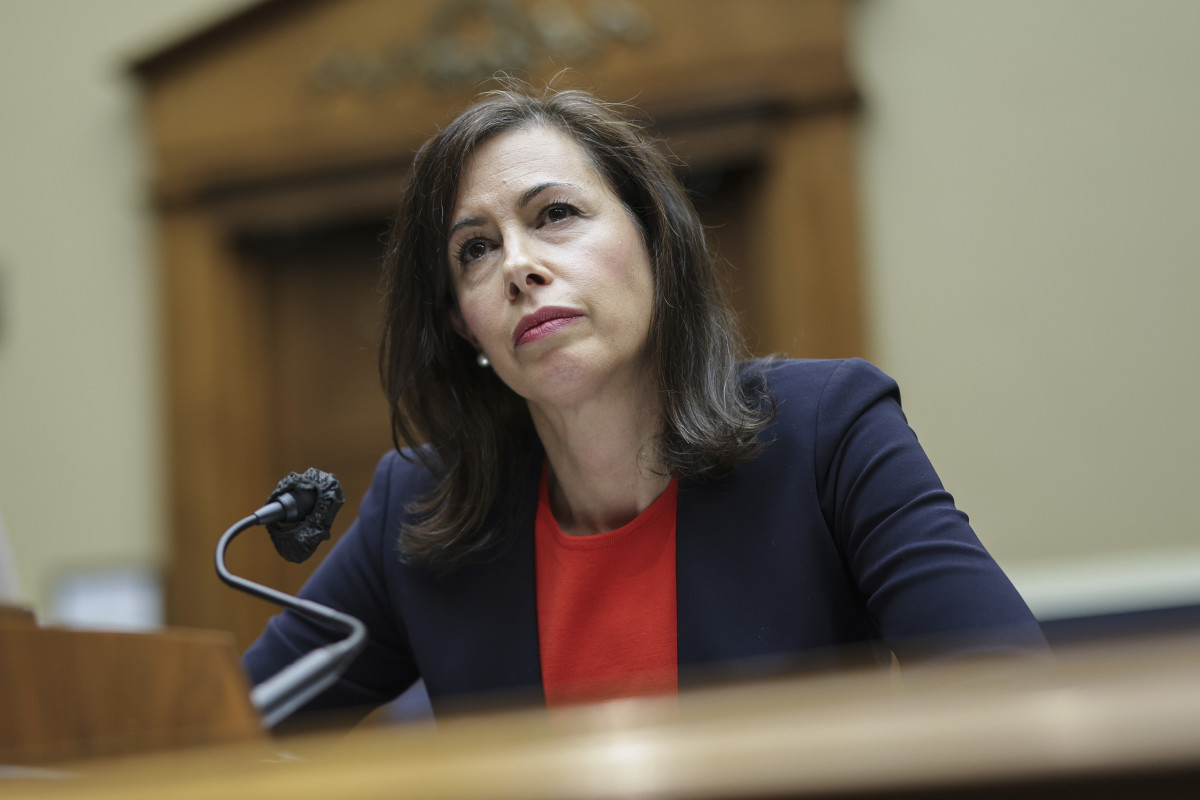
The chairwoman of the U.S. Federal Communications Commission wrote to nine prominent automakers on January 11 asking about their policies regarding "connected car" technology and its capabilities regarding domestic abuse.
Related: New report indicates alarming trend for electric vehicle enthusiasts

In the letters written to the CEOs of Ford (F) -), General Motors (GM) -), Stellantis (STLA) -), Tesla (TSLA) -) as well as to the American divisions of Honda (HMC) -), Hyundai (HYMLF) -), Mercedes-Benz (DDAIF) -), Nissan (NSANY) -) and Toyota (TM) -), FCC Chairwoman Jessica Rosenworcel cites a December 31 report published in The New York Times, which she notes that the technology embedded in cars from the mentioned automakers "are being weaponized in abusive relationships."
Cases of tech-enabled stalking centered around "connected cars" are emerging at the same time manufacturers from Hyundai to Mercedes pack their vehicles with ever-larger suites of technology meant to enhance the owner experience, such as vehicle location tracking, door locking and unlocking, or remote start from the touch of a smartphone.

While some of these features are wildly convenient for owners, unfortunately, some functions are used in the name of malice. In her letter, Rosenworcel referenced incidents recounted in the Times' report, including a recounting of a woman who was unknowingly tracked by a former partner using her car's connected services, and another whose husband harassed her by remotely turning on her lights and honking the horn at night, as well as remotely running the heater on hot days.
Additionally, Rosenworcel mentioned in her letter to Musk and the other automaker CEOs that through the Safe Connections Act, the regulatory agency is responsible for making sure domestic abuse survivors have secure access to communications. She likened the access to a car akin to access to a phone, noting that "having access to a car is also a critical lifeline."
"[Cars are a] means of escape and independence, and it is often essential for those seeking employment and support. No survivor of domestic violence and abuse should have to choose between giving up their car and allowing themselves to be stalked and harmed by those who can access its data and connectivity," Rosenworcel wrote.
More Automotive:
- Hyundai and Kia's groundbreaking new tech is straight out of James Bond
- Why Mazda is going slow into electric vehicles
- Jeep parent blames California for an unfortunate situation
The FCC chairwoman also wrote similar letters to wireless carriers Verizon, T-Mobile and AT&T.
The FCC Chairwoman asked for information about the individual carmaker's "connected car" systems, as well as any info on policies that would help separate them from abusers, as well as how automakers handle customers geolocation data.
A deadline of January 26 was set for the automakers to respond.
Tired of the investing maze? We’ve got the map. Thousands of stocks? Forget them. We zero in on the winners – and we’ll let you in on the secret. Our pros are sharing their top picks NOW. Missed out on the last one? Don’t make that mistake again. Join us today







